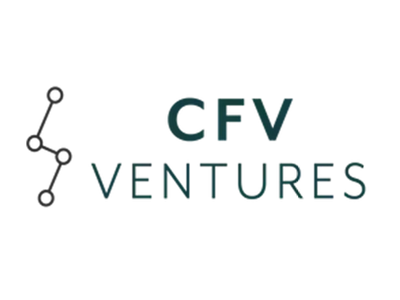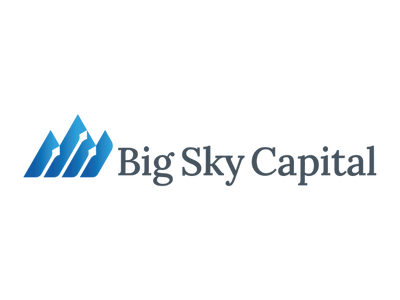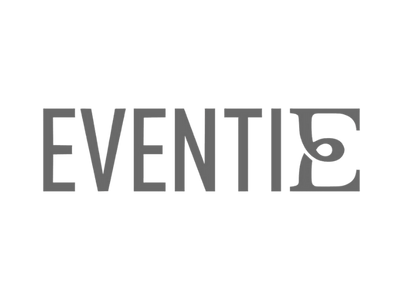
If you're running a Delaware C-Corp, every dollar counts, especially in the early stages. The good news? You can legally reduce your startup's tax bill by claiming IRS-approved deductions. This guide outlines 7 tax deductions every founder should consider, whether you're pre-revenue or post-product.
Startup tax deductions are business-related expenses that can be subtracted from your revenue to reduce your taxable income. They apply whether your startup is:
Bootstrapped or funded
Pre-revenue or cash-flowing
Based in the U.S. or foreign-owned
🧠 These deductions go on Form 1120, your annual corporate return due April 15.
Before your company officially launched, you likely spent money on:
Incorporation fees
Legal consultations
Market research
Branding or product planning
You can deduct up to $5,000 in organizational/startup costs in your first year.
🔗 Read: Do Startups Pay Taxes in Year 1?
Tools you use to build and run your business are deductible:
AWS, Stripe, Notion, Slack, Figma, Brevo
AI tools like OpenAI, Midjourney, Jasper
Domain registration & hosting
💡 Tip: Keep receipts and categorize these in your bookkeeping software.
Did you pay a designer, developer, or VA more than $600?
You must send them a 1099-NEC and can fully deduct their payment as a business expense.
🔗 Learn more: 1099s for Startups Guide
If you're building software, testing prototypes, or engineering anything innovative, you may qualify for the R&D credit:
Payroll tax offset
Direct deduction of development costs
Available even without profitability
🔗 Full guide: R&D Tax Credit for Startups
If you're working from home and using a dedicated space, you may be able to deduct:
A portion of your rent
Utilities
Internet
Office furniture
📌 Use the simplified IRS method or calculate actual expenses by percentage of square footage.
Travel to investor meetings, accelerators, or conferences is deductible
So are meals with clients or teammates up to 50% of the cost
🧠 Be sure to document who you met and why (for IRS justification)
If you bought:
Laptops
Cameras
Studio lighting
Mobile devices
You can either deduct the full amount (Section 179) or depreciate over time.
While not a “deduction,” filing an 83(b) Election early can save you thousands later when your startup grows. It locks in your tax basis on equity received, at near-zero valuation.
Use:
QuickBooks, Wave, or Mercury Books
Upload receipts regularly
Tag transactions clearly by category
Or better - let TaxHero AI help you:
Auto-categorize expenses
Suggest missing deductions
Export to IRS-ready reports
| Category | Max Benefit |
|---|---|
| Startup Costs | Up to $5,000 in year 1 |
| Software Tools | 100% deductible |
| Freelancers | Must file 1099-NEC, fully deductible |
| R&D Credit | Reduce future payroll taxes |
| Home Office | Simplified or percentage basis |
| Travel + Meals | 50–100% depending on use |
| Equipment Depreciation | Section 179 or amortized |
TaxHero AI helps early-stage founders:
Track deductible expenses
File accurate Form 1120
Unlock missed credits like R&D
🧠 Try TaxHero AI → https://taxhero.vc/
With AI-powered bookkeeping and tax filing, you stay focused on what matters: building your startup.
Start Now for Free


